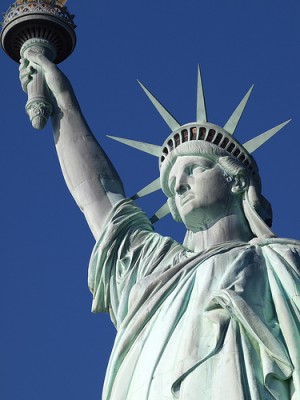First Generation, Second Generation, American
One of you kindly asked about my use of the term “second generation” in my last post, about perception and privilege. Here’s what I wrote:
I may classify myself as a second generation, South Asian American of Malayalee Christian descent, but that is almost never what others see.
When I type “second generation”, I’m referring to the fact that I am the child of immigrants, and though no one ever assumes this about me, I was born here, in the United States; I consider my parents “first generation” Americans. This understanding of generations is similar to the Japanese method of classifying immigrants and their offspring (Issei, Nisei, etc).
Others disagree, and think that the children of immigrants are “first”, but where would that leave the actual immigrants? At zero? Second, it is.
Interestingly enough, another Project Argo site, KPCC’s Multi-American (tagline: Immigration and cultural fusion in the new Southern California) recently posted about such terms while starting a new feature– the cultural mashup dictionary. Why?
There is an evolving lexicon of words, terms and phrases coined here and elsewhere in the U.S. where immigrants have influenced the English language, and it has influenced them.
The first dictionary entry is for “1.5 generation”. Here’s how fellow Argonaut Leslie Berestein Rojas defines this often confusing term:
I use it rather loosely to describe people who, like me, arrived in the United States as children. But the term, and how it’s used, is rife with complexity.
That’s how I use “1.5 generation”, as well. Many children of immigrants feel as if they exist in two worlds; it seems right to have a term for people who, because they were born and partially-raised elsewhere, can actually remember living in both.





